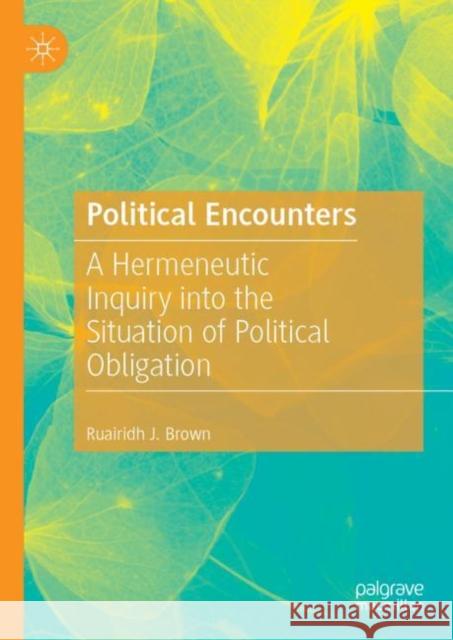Political Encounters: A Hermeneutic Inquiry Into the Situation of Political Obligation » książka
topmenu
Political Encounters: A Hermeneutic Inquiry Into the Situation of Political Obligation
ISBN-13: 9783030173395 / Angielski / Twarda / 2019 / 213 str.
Political Encounters: A Hermeneutic Inquiry Into the Situation of Political Obligation
ISBN-13: 9783030173395 / Angielski / Twarda / 2019 / 213 str.
cena 240,93
(netto: 229,46 VAT: 5%)
Najniższa cena z 30 dni: 231,29
(netto: 229,46 VAT: 5%)
Najniższa cena z 30 dni: 231,29
Termin realizacji zamówienia:
ok. 22 dni roboczych.
ok. 22 dni roboczych.
Darmowa dostawa!
Kategorie BISAC:
Wydawca:
Palgrave MacMillan
Język:
Angielski
ISBN-13:
9783030173395
Rok wydania:
2019
Wydanie:
2019
Ilość stron:
213
Waga:
0.42 kg
Wymiary:
21.01 x 14.81 x 1.42
Oprawa:
Twarda
Wolumenów:
01
Dodatkowe informacje:
Wydanie ilustrowane











